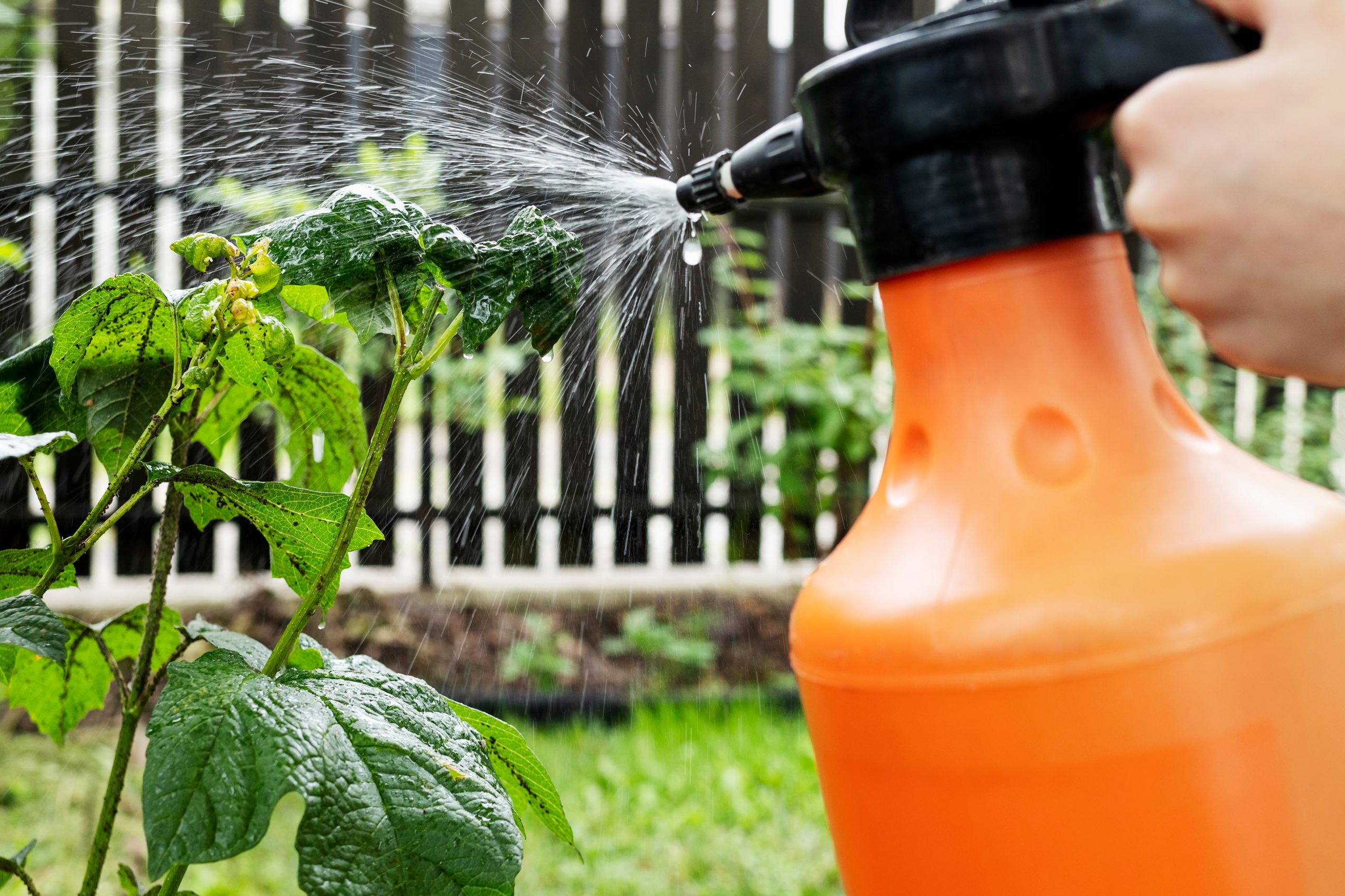Gardening can be a rewarding experience, but nothing is more frustrating than finding your hard work destroyed by garden pests. While chemical pesticides might seem like a quick fix, they can harm beneficial insects, pollute the soil, and pose health risks to you and your family. Fortunately, there are plenty of natural methods to keep garden pests under control without resorting to harmful chemicals. Here are some tips and insights for dealing with garden pests naturally and keeping your plants healthy.
1. Encourage Beneficial Insects
Not all insects are bad for your garden. In fact, many are natural predators of common pests. Ladybugs, lacewings, and spiders are examples of beneficial insects that help control harmful pests like aphids, mites, and caterpillars.
To attract beneficial insects:
- Plant a variety of nectar-rich flowers such as marigolds, daisies, and lavender. These flowers provide food and shelter for insects that prey on garden pests.
- Avoid using chemical pesticides, which can kill beneficial insects along with harmful ones.
- Consider buying and releasing beneficial insects into your garden. Ladybugs, for example, can quickly reduce aphid populations.
Tip: Keep a section of your garden with wild or untamed plants to provide a habitat for beneficial insects.
2. Use Companion Planting
Companion planting is a natural way to protect your garden by strategically placing certain plants next to each other. Some plants have natural pest-repelling properties, and when grown near vulnerable plants, they can help deter unwanted visitors.
Here are a few examples of companion plants:
- Marigolds: These bright flowers help deter nematodes, aphids, and whiteflies. Plant them near tomatoes, beans, or squash to keep pests away.
- Basil: This aromatic herb repels mosquitoes, flies, and aphids. Plant it alongside tomatoes and peppers.
- Garlic and onions: Both are great at repelling a variety of insects, including aphids and Japanese beetles. Plant them around lettuce, carrots, or tomatoes.
Tip: Do some research on companion planting combinations to create a natural defense system for your garden.
3. Create Natural Barriers
Natural barriers can physically block pests from reaching your plants. Simple solutions like row covers, netting, or copper tape can prevent insects, slugs, and even larger animals from damaging your garden.
- Use row covers to protect crops from insects like cabbage moths or beetles. These lightweight covers allow sunlight and water in but keep pests out.
- Copper tape can be placed around the base of plants or garden beds to deter slugs and snails. Slugs dislike the reaction caused by touching copper, so it’s an effective, non-toxic deterrent.
Tip: Be sure to secure barriers properly and check regularly to make sure pests haven’t found a way around them.
4. Make Natural Pesticides
If pests persist, you can make your own natural pesticide sprays using ingredients commonly found in your kitchen. These natural solutions are safer for the environment and won’t harm beneficial insects if used sparingly.
Here are a few DIY natural pesticide recipes:
- Neem oil: Extracted from the neem tree, neem oil is effective against aphids, mites, and other soft-bodied insects. Mix 1 tablespoon of neem oil with 1 teaspoon of liquid soap and 1 quart of water. Spray on affected plants.
- Garlic spray: Garlic is a natural pest deterrent. Blend a few cloves of garlic with water, strain, and spray it on plants to repel insects.
- Soap spray: A simple mixture of 2 tablespoons of liquid soap (without added fragrance or chemicals) and 1 quart of water can be sprayed on plants to kill aphids, spider mites, and whiteflies.
Tip: Always test natural sprays on a small area of the plant before applying it widely to ensure it won’t damage the foliage.
5. Handpicking and Traps
For larger pests like caterpillars, slugs, or beetles, handpicking can be an effective and immediate solution. Regularly inspect your plants, and when you spot a pest, remove it by hand and dispose of it.
Additionally, traps can help control pest populations:
- Use beer traps for slugs and snails by placing shallow containers filled with beer around your garden. The smell attracts them, and they fall into the container and drown.
- Yellow sticky traps can be placed near plants to capture flying insects like aphids, whiteflies, and leafhoppers.
Tip: Check your garden regularly, especially in the early morning or evening when pests are more active.
6. Practice Crop Rotation
Crop rotation involves changing the location of your plants each season to prevent soil-borne pests and diseases from becoming established. This method is particularly effective for vegetable gardens where pests like rootworms or nematodes can build up in the soil over time.
By rotating crops, you confuse pests that rely on specific plants and reduce the chances of infestations. Rotate plant families (such as tomatoes, potatoes, and peppers) to different garden areas each year to keep your soil healthy and pest-free.
Tip: Keep a garden journal to track where plants are grown each season so you can easily rotate them next year.
